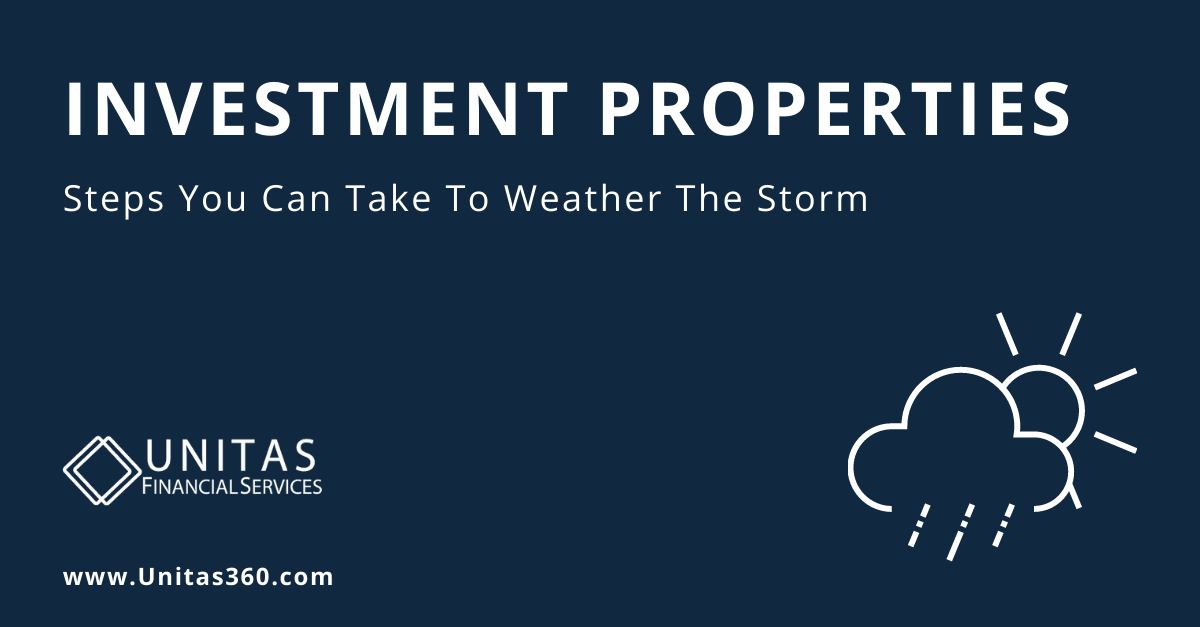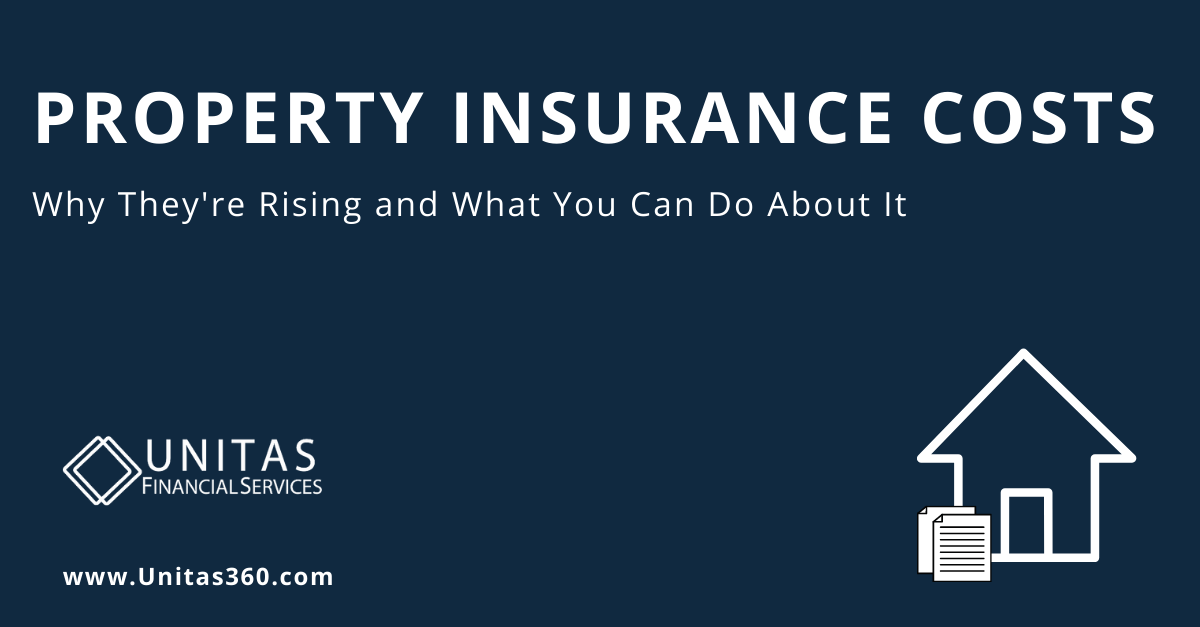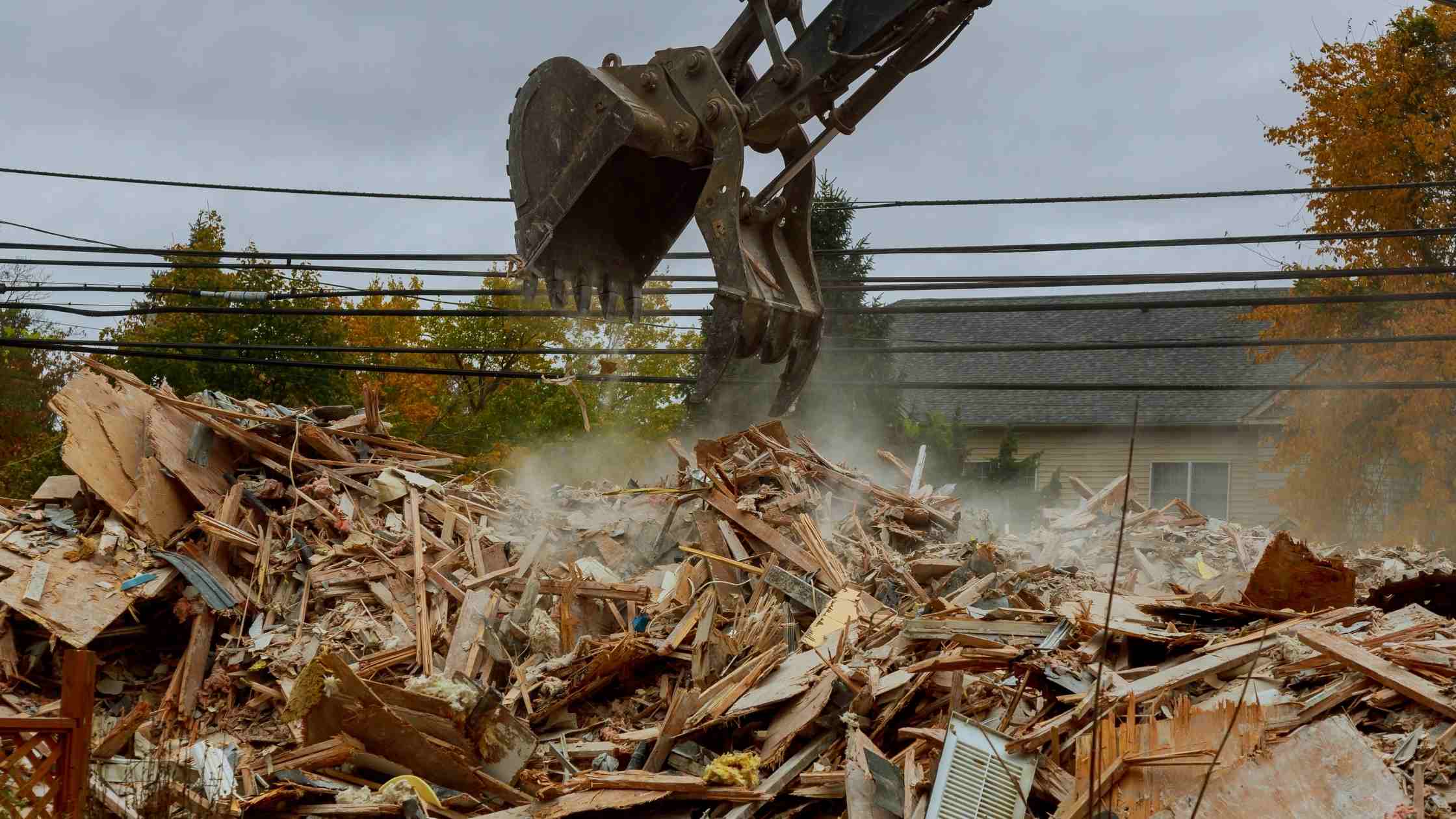When it comes to harsh weather and natural disasters, the unexpected is becoming more common. Hurricanes, floods, tornadoes, and storms have battered investment property from coast to coast—with no signs of slowing down.
Preparing Investment Properties for Extreme Weather
Topics: Property Management Solutions, Master Real Estate Insurance Policy, Tenant Liability, Rental Property, Investment Property, Hurricane Preparedness
What Investors Can Do about rising Property Insurance Costs
Over the last two years, we have seen insurance costs and the cost to repair or replace increase dramatically.
The cause of these rising costs is two-fold:
- The price of materials has skyrocketed.
- The cost and availability of labor have delayed the completion of repairs.
There has been an increased incidence of losses:
- Property - More time spent at home, more kitchen-related claims like fire.
- Increased weather-related events like wind, hail, falling trees, etc.
- Liability – Many tenants are working from home and spending their leisure time at home giving rise to more liability claims from tenants and guests.
Investor Action Plan
- Now is the time to check the values that your property is insured. If values that are insured have not been updated recently, it is likely that you may be underinsured. This will have a huge impact on how well your insurance program will perform in the event of a loss. It may cause a small increase in insurance premiums due to higher coverage amounts, however, underinsuring properties could be disastrous.
- Make sure appliances, electrical service, and plumbing are in good repair and properly used to minimize claims for all tenant-occupied units.
- Inspect all properties at least quarterly for safety issues. Loose railings, raised sidewalks, depressions or holes in the ground, missing or loose stairs, and clutter are all causes of liability claims that can escalate to many thousands of claim dollars and cause large rate increases or even non-renewal of insurance coverage.
- For property claims make sure there are no “fuels” around the building such as firewood, clutter, and dead or dying brush. Falling trees can cause major damage. Prune or remove trees that pose a hazard to your buildings.
In short, “Best Practices” make for a safe environment for tenants and a stable, profitable investment for Landlords and Real Estate Investors. If you need help determining if your real estate investment portfolio is insured properly, feel free to get in touch.
Topics: credit score, Rental Property, Investment Property
Than Ever for Real Estate Investors
Natural disasters such as floods, hurricanes, and wildfires are on the rise across the US. As a result, the total cost of property damage caused by natural catastrophes in the country rose from $39.6 billion in 2019 to almost $75 billion in 2020 – an increase of 88%.
These stats should capture the attention of investors whose properties are vulnerable to the elements. While weather is notoriously unpredictable, you cannot simply cross your fingers and hope for the best. Obtaining an adequate insurance package has never been more vital, as it could prevent you from facing devastating losses that could threaten the integrity of your investment portfolio.
Topics: Tenant Liability, Rental Property, Real estate
What to Look for When Searching for a Multifamily or Portfolio Loan
Topics: Rental Property, SFR, BFR
Property Insurance Premiums on the Rise for Investors
It would be logical to blame rising insurance rates on the Covid 19 crisis but the truth is that property insurance rates have been going up for the past few years even before the virus entered our lives. The crisis has created a “new normal” for many people but it is not the only thing responsible for the rise in insurance rates. Natural disasters and social unrest are also to blame. In addition to raising premiums, many insurance companies are responding by restricting some coverages and eliminating some risks that might have been covered in the past. In short, property owners will pay higher premiums to get less coverage.
Topics: Asset Protection, Rental Property, Investment Property, Master Policy







